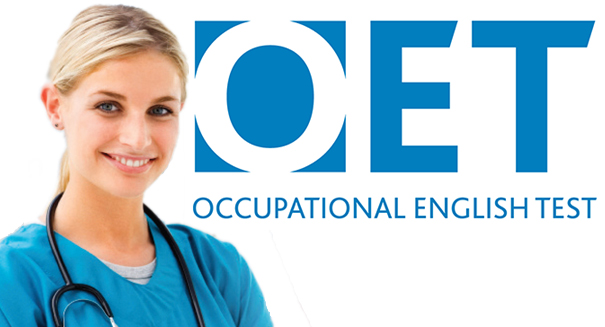
15
SeptemberMastering the Occupational English Test (OET): A Path to Professional Excellence
Introduction
The Occupational English Test (OET) stands as a rigorous benchmark in the realm of English language proficiency assessments, tailor-made for healthcare professionals aspiring to work in English-speaking environments. Regarded as the elite choice for those seeking careers in healthcare, OET demands not just linguistic competence but also the capacity to seamlessly integrate language skills into the practical demands of the medical field. In this comprehensive article, we delve into the intricate layers of OET, its significance, structure, preparation strategies, and its pivotal role in shaping the careers of healthcare practitioners.
I. Understanding the Significance of OET
In the globalized healthcare sector, clear and effective communication is pivotal. For healthcare professionals who are not native English speakers, OET offers an opportunity to prove their language proficiency. Hospitals, clinics, and healthcare institutions in English-speaking countries prefer OET as it directly assesses the language skills required for medical practice. As a result, OET scores are trusted indicators of a candidate's readiness to join a healthcare workforce in an English-speaking environment.
II. Structure and Components of OET
OET is divided into four main components, each designed to assess specific language skills essential for healthcare professionals:
1. **Listening (approximately 45 minutes):** In this section, candidates listen to recorded healthcare-related conversations and lectures. They must extract essential information, identify opinions, and grasp the overall context. This mirrors the need for accurate listening skills in patient care and healthcare settings.
2. **Reading (approximately 60 minutes):** The reading component assesses the ability to comprehend and interpret medical texts such as patient case notes, medical journals, and reports. This section evaluates a candidate's capacity to extract information from complex medical literature, an essential skill for healthcare practitioners.
3. **Writing (45 minutes):** This section requires candidates to draft a letter based on a given healthcare scenario. Effective communication is paramount in the healthcare field, and this section evaluates a candidate's ability to convey information clearly and professionally.
4. **Speaking (approximately 20 minutes):** The speaking test assesses the candidate's ability to communicate verbally with patients and colleagues. It simulates real-life healthcare scenarios, such as patient assessments and case discussions. Fluency, pronunciation, and the ability to convey information effectively are key aspects evaluated in this section.
III. The OET Preparation Journey
Preparing for OET is an intensive process that demands dedication and a strategic approach. Here are some crucial steps for success:
1. **Assessment and Goal Setting:** Begin by assessing your current English language proficiency. Identify your strengths and weaknesses in each of the OET components. Set realistic score goals for each section to focus your preparation efforts effectively.
2. **Comprehensive Study Materials:** Invest in high-quality OET study materials. Look for resources that include practice tests, sample questions, and detailed explanations. These materials should mirror the content and format of the actual OET.
3. **Structured Study Plan:** Create a well-structured study plan that allocates sufficient time to each OET component. Dedicate time to practice, review, and assess your progress regularly.
4. **Professional Guidance:** Consider enrolling in OET preparation courses or seeking guidance from experienced OET instructors. Their expertise can provide valuable insights and targeted feedback.
5. **Regular Practice:** Consistent practice is the key to success. Regularly engage in practice tests and exercises to improve your skills in listening, reading, writing, and speaking.
IV. The Role of OET in Career Advancement
Earning a high score on the OET opens doors to exciting career opportunities for healthcare professionals. Here are some compelling reasons why OET is an essential asset:
1. **Global Recognition:** OET is recognized and accepted by healthcare regulatory bodies, employers, and institutions in numerous English-speaking countries, including the United Kingdom, Australia, the United States, Canada, and New Zealand.
2. **Improved Employability:** Healthcare professionals with OET scores are in high demand. Employers prefer candidates who can effectively communicate with patients, colleagues, and healthcare teams.
3. **Enhanced Patient Care:** Proficiency in English ensures that healthcare professionals can provide the highest quality care to English-speaking patients. Clear communication is essential for diagnosis, treatment, and patient safety.
4. **Career Advancement:** Achieving a competitive OET score can lead to career advancement opportunities, including promotions, increased responsibilities, and access to specialized roles.
V. Tips for Excelling in OET
To excel in the OET, consider these elite strategies:
1. **Immerse in English:** Surround yourself with the English language as much as possible. Read medical journals, watch healthcare-related documentaries or videos, and engage in English conversations with native speakers.
2. **Develop Note-Taking Skills:** Effective note-taking is crucial in the listening and reading sections. Practice summarizing important points quickly and accurately.
3. **Grammar and Vocabulary:** Pay attention to grammar and expand your medical vocabulary. Precise language usage is imperative in healthcare settings.
4. **Speaking Practice:** Engage in speaking practice with colleagues, friends, or tutors. Recording your responses and analyzing them can be particularly beneficial.
5. **Simulated Exams:** Take simulated OET exams to familiarize yourself with the test format and time constraints. This will help build your confidence and reduce anxiety on test day.
Conclusion
Mastering the Occupational English Test (OET) is a transformative journey for healthcare professionals aiming to excel in English-speaking environments. Beyond a language proficiency assessment, OET serves as a gateway to fulfilling careers, improved patient care, and global recognition. Through meticulous preparation, dedication, and a commitment to excellence, healthcare practitioners can harness the power of OET to propel their careers to new heights in the elite world of healthcare.


Reviews